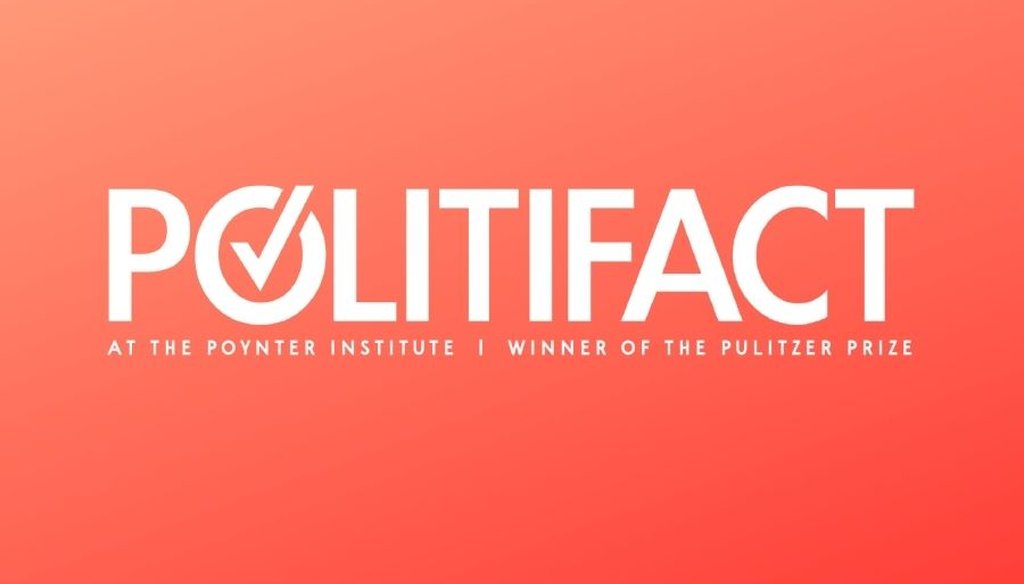Stand up for the facts!
Our only agenda is to publish the truth so you can be an informed participant in democracy.
We need your help.
I would like to contribute

Obama wants the government to buy more hybrid cars.
As a candidate, Barack Obama boldly vowed that he would pioneer a green revolution, and that in 10 years, the United States would eliminate the need for oil from the entire Middle East and Venezuela.
And, he said, the federal government would lead by example.
To that end, Obama vowed that half of all the cars purchased by the federal government would be plug-in hybrids or all-electric by 2012.
Obama recently bolstered that goal with $300 million in economic stimulus money that will go toward buying more high efficiency cars for the federal fleet, namely hybrid, plug-in hybrid or all-electric cars.
Obama's ambition for an exemplary federal fleet is literally ahead of its time. There are currently no plug-in hybrid or all-electric cars commercially available on the market.
It's a fact noted by the House and Senate authors of the stimulus, who said in a joint statement that they "remain hopeful" that plug-in hybrid electric vehicles will be commercially available in time to tap into the $300 million in the stimulus plan.
The Obama administration not only acknowledges the absence of the commercial market but seeks to prod it into being.
According to calculations by Plug In America, a nonprofit that advocates for plug-in cars, the stimulus plan includes as much as much as $12.5 billion for plug-in hybrids and all-electric cars through tax incentives, grants to automakers, hybrid car rebates and advanced battery manufacturing, a key ingredient in the success of plug-in hybrids.
Starting to convert the federal fleet, Obama told the Energy Department staff on Feb. 5, will "not only save the government significant money over time, it will not only create manufacturing jobs for folks who are making these cars, it will set a standard for private industry to match."
That kind of federal government advocacy makes John DeCicco, a senior fellow of automotive strategies for the Environmental Defense Fund, very wary.
"It's not clear to me that politicians are the right ones to decide what the technical solution should be before the public has made any kind of commitment to solve the problem," DeCicco said.
And, he said, there's historical backing that suggests that kind of tampering with the market won't work.
Plug-in hybrids don't have any commercial traction, he said. The battery technology isn’t good enough yet, and may never be. DeCicco said that Obama — seemingly with good intentions — is trying to dictate a solution and is latching onto the latest trendy technology.
"Maybe they'll work, maybe they won't," DeCicco said.
Jay Friedland, legislative director for Plug In America, says the stimulus provides a down payment on Obama's commitment to more fuel-efficient vehicles.
"This creates a big carrot in front of the automakers to get it done," Friedland said.
But if Obama is going to reach his goals for the federal fleet, the auto industry is going to have to play some serious catch-up.
Toyota plans to offer a plug-in version of its Prius for fleet sales later this year, said David Sedgwick, editor of
Automotive News
. And the Chevy Volt isn't scheduled to hit the market until late 2010. Other automakers have said they plan to offer plug-in hybrids or all-electric cars, but whether those will be available soon enough to tap into the stimulus money remains a big question mark.
"Here's the problem:The Volt could cost as much as 40 grand," said Sedgwick. "Do the math. You could spend a lot of money on the Chevy Volt and not get to half (the federal fleet)."
Here is the math: $300 million would only get you 7,500 cars at $40,000 each. In 2008, the General Services Administration purchased 22,827 new passenger vehicles. So that's way short of funding half the new purchases, as Obama promised.
Sedgwick is skeptical that he can achieve the goal given the uncertainties. "You're buying a pig in a poke," he said. "No one is selling plug-in hybrids right now. No one has announced their prices yet."
If Obama is to reach his goals — both for the federal fleet and for the plug-in hybrid and electric car industry as a whole — Friedland says it's going to take a lot more federal dollars in future budgets. But the stimulus package is certainly a start toward that, and so we rated the promise
In the Works
.
Our Sources
See Promise #476.


















































